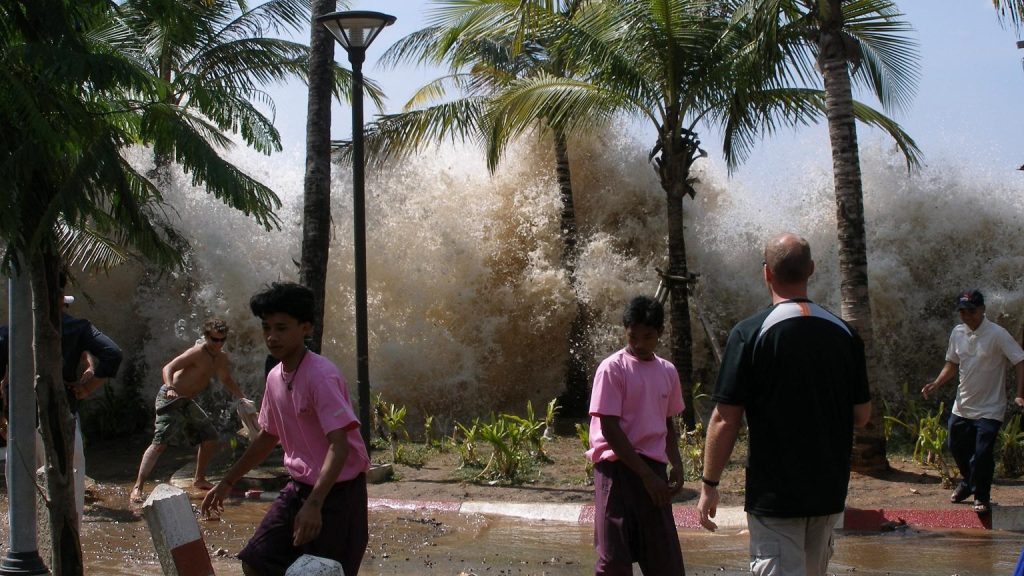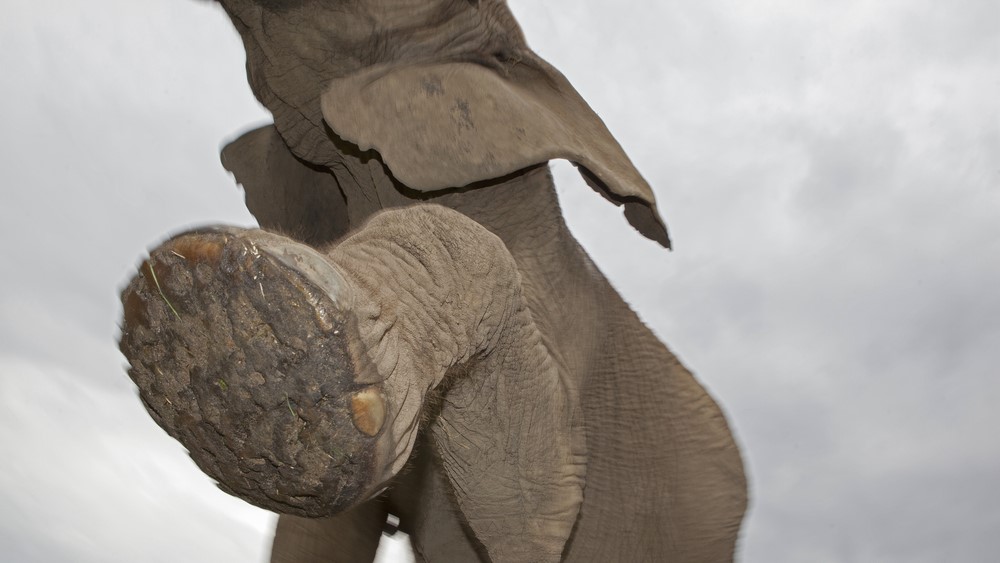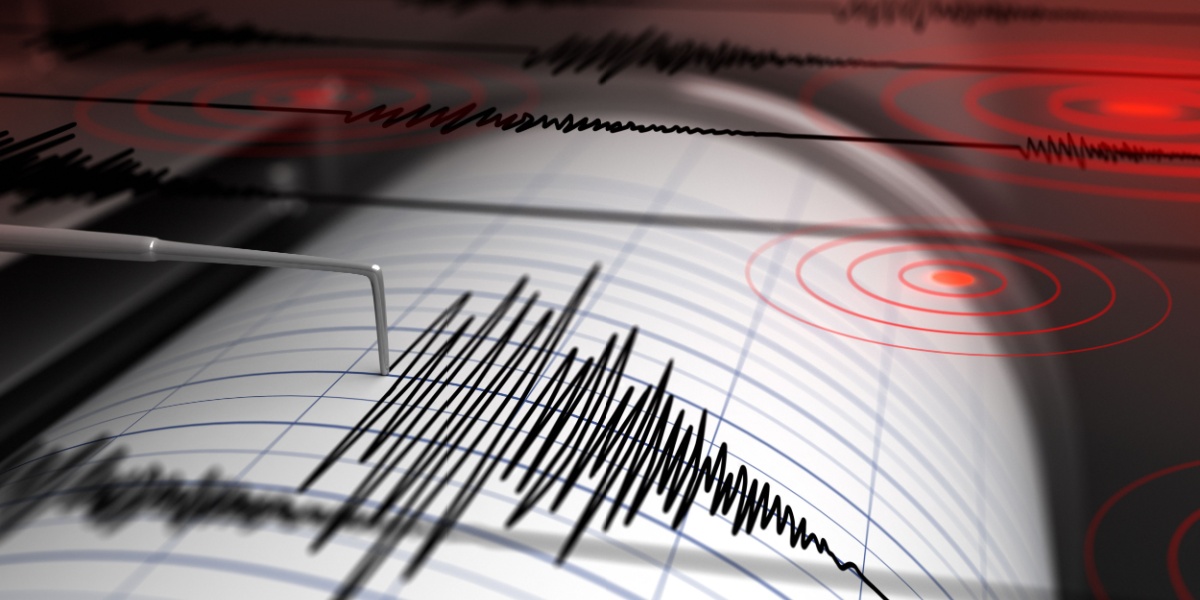Stories of animals sensing earthquakes and tsunamis have circulated for centuries. But is it instinct, heightened senses, or mere coincidence? Here’s what we know so far.
Others are reading now
For over 3,000 years, humans have observed unusual animal behavior before earthquakes and volcanic eruptions.
This was reported by Newsner.
From Ancient Times to Modern Day

Ancient Chinese scholars believed that by observing animals — from fish and birds to mammals and insects — early warning signs of natural disasters could be detected, sometimes days in advance.
Modern researchers have noted similar patterns.
During Mount Etna’s eruptions between 2012 and 2014, and the central Italy earthquakes in 2016 and 2017, animals such as cows, sheep, and dogs became noticeably restless hours before seismic activity.
Also read
Goats and sheep were even seen leaving hazardous slopes, instinctively moving toward safer, vegetated areas.
Nocturnal Animals and Earthquakes

Scientists in Kazakhstan found that nocturnal creatures like hedgehogs and owls react unusually to seismic vibrations.
These animals, typically active at night, started exhibiting daytime activity shortly before earthquakes struck. Burrowing animals, such as rodents, were also seen abandoning their dens ahead of tremors.
A striking example was reported in 1992, when pigeons vanished from Kyrgyzstan’s Illy region just before a major earthquake.
Dogs have also displayed anxiety, barking, and hyperactivity minutes to hours before quakes — a phenomenon noticed by multiple studies.
Also read
Patterns in Animal Behavior Before Earthquakes

A comprehensive study reviewed 729 incidents of animals acting strangely before earthquakes.
The findings were telling: the majority of these behaviors happened within 24 hours before the quake, with nearly 60% occurring in the final five minutes.
Though the exact mechanism remains unclear, this pattern suggests animals may react to subtle environmental changes humans fail to notice.
The 2004 Tsunami: A Case for Animal Instinct?

One of the most famous examples of animals escaping disaster occurred during the 2004 Indian Ocean tsunami.
In Sri Lanka’s Yala National Park, no animal casualties were reported, despite the waves reaching over three kilometers inland.
Also read
Professor Offers Explanation

Magnus Enquist, a professor of theoretical ethology at Stockholm University, explains that this isn’t mystical.
Animals likely felt the ground vibrations or heard the approaching waves. Elephants, for example, can detect low-frequency infrasound vibrations through their feet.
Sverre Sjölander, an ethology professor from Linköping University, adds that animals’ survival instincts are refined through evolution: “Those that didn’t figure out where to go didn’t survive.”
He emphasizes that animals also respond to each other’s panic, leading to mass flight when danger is sensed.
Dogs and Earthquakes

Dogs are often mentioned as potential earthquake predictors. Anecdotal reports suggest that they exhibit unusual behaviors like barking, howling, or agitation before a quake.
Also read
Dr. Stanley Coren’s research indicates dogs might be reacting to high-frequency seismic sounds imperceptible to humans. Smaller dogs with sensitive ears seem particularly reactive.
A Confirmational Bias?

However, scientists caution against confirmation bias.
Humans tend to remember incidents when strange behavior coincides with an earthquake, ignoring countless other times when it doesn’t.
Skepticism from the Scientific Community

While numerous reports suggest animals sense earthquakes early, skeptics point out a lack of hard scientific evidence.
Earthquake monitoring stations often detect ground vibrations before animals show visible reactions. This raises the possibility that animals are reacting to the seismic event itself, just moments before humans feel the impact.
Also read
Still, researchers don’t rule out that animals might be sensing subtle environmental changes — from air ionization to shifts in magnetic fields — that elude current technology.
Could Animals Be Our Future Early Warning System?

Despite the debate, many experts believe animals could one day play a role in early disaster detection.
With more continuous monitoring and scientific observation, animal behavior might offer valuable clues, supplementing modern sensors.


